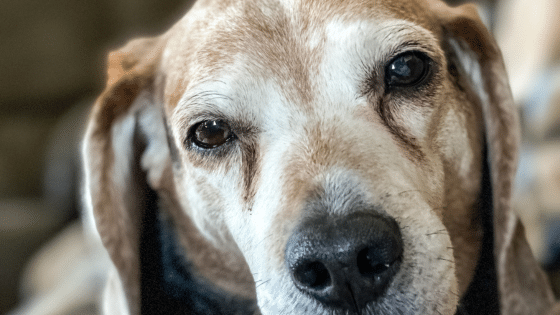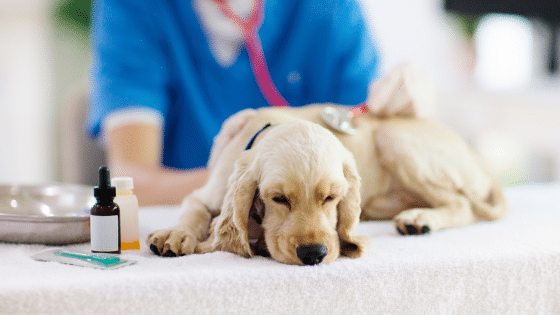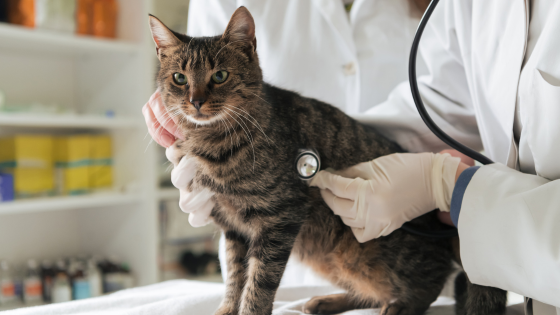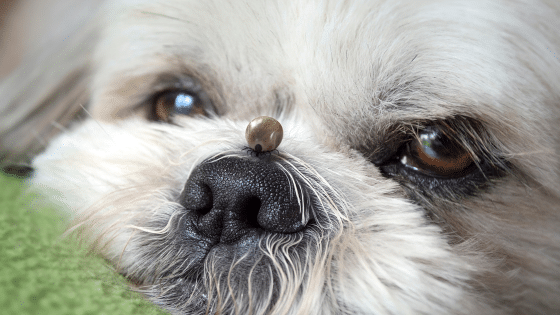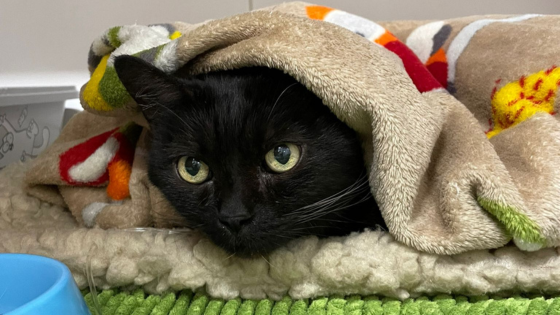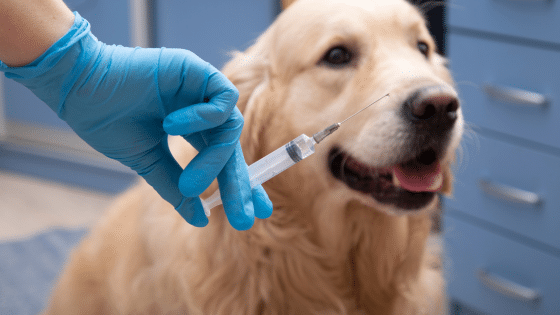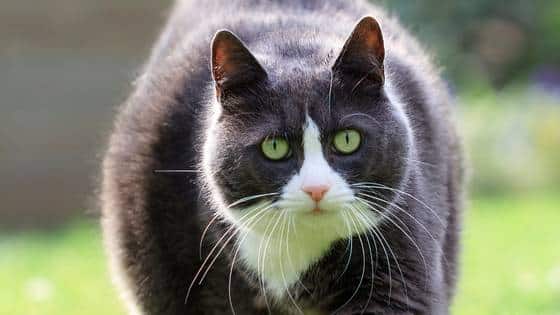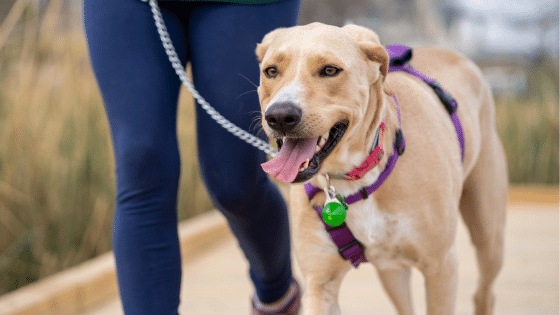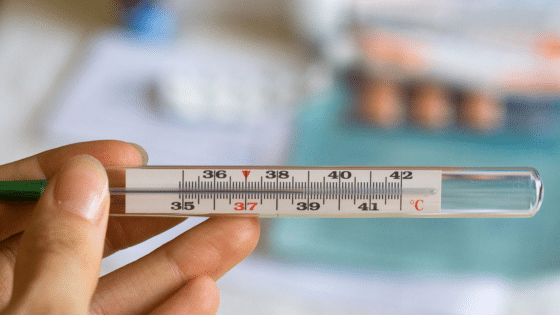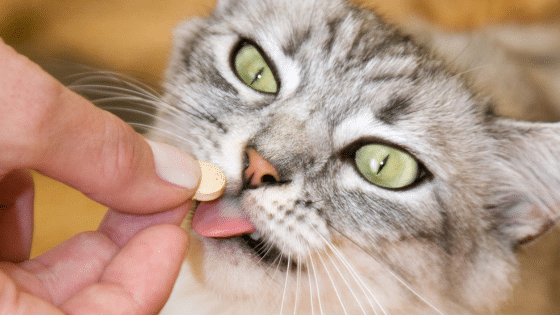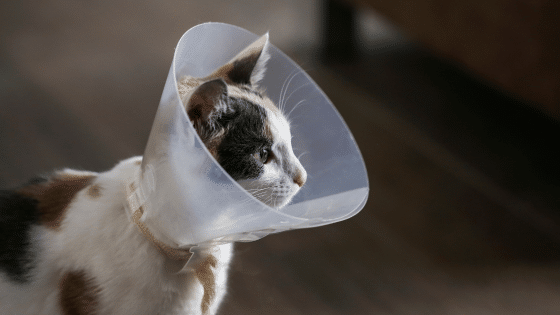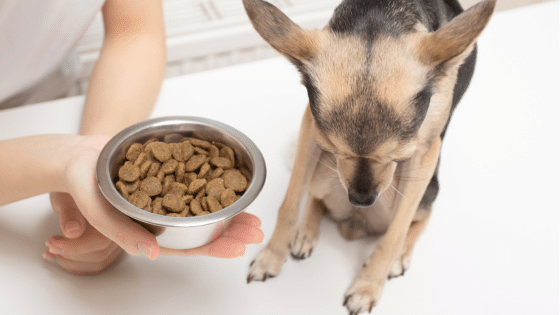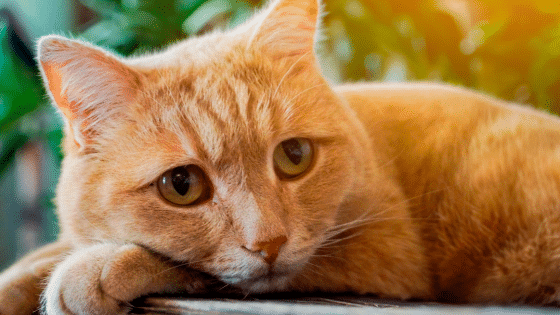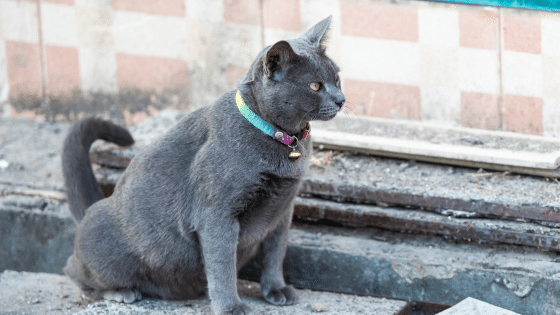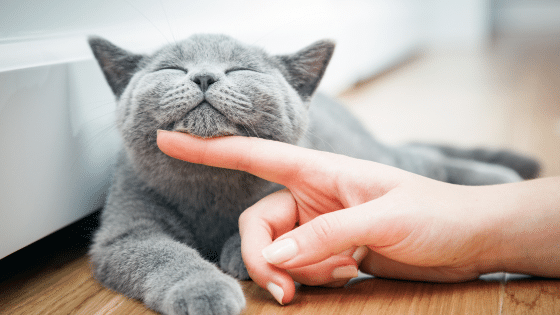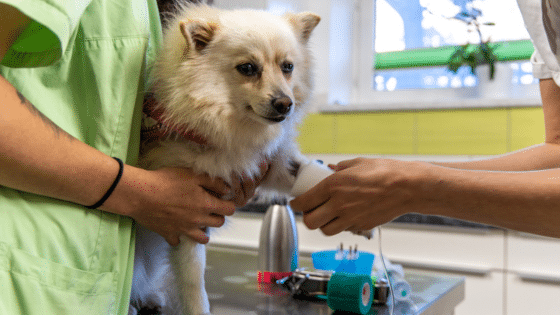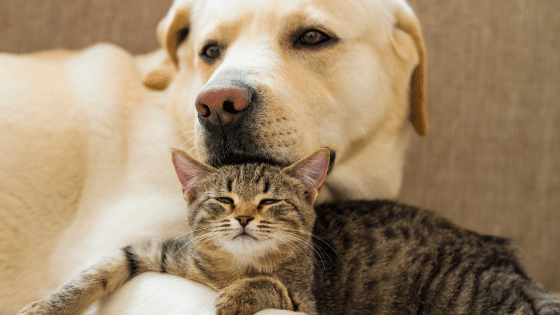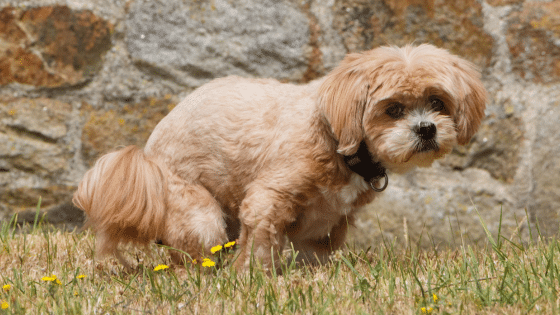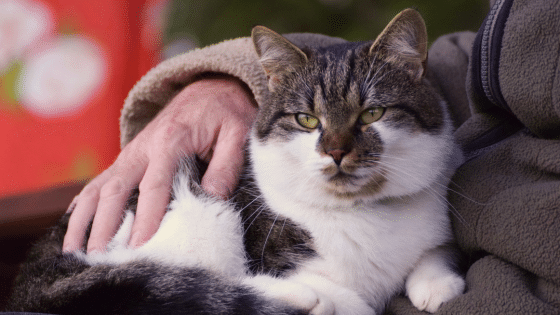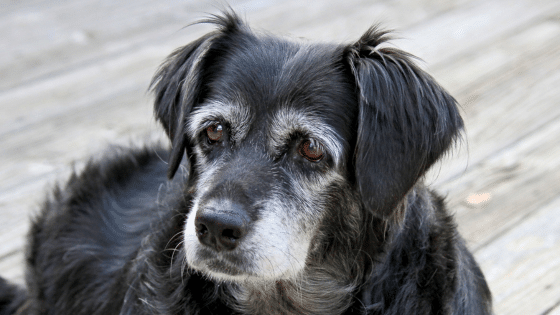Infectious diseases RHD & Myxomatosis

Gentle pelt noses
As with dogs and cats, there are serious infectious diseases in rabbits that can be prevented or significantly mitigated by vaccination.
Unfortunately, vaccinations and medical treatments in general are still treated very stepmotherly for rabbits, yet the long ears with their gentle character are becoming more and more popular as pets.
Myxomatosis (rabbit plague)
This disease is mainly transmitted by the rabbit flea and mortality can be up to 100%. The infection leads to inflammation of the head and genitals with high fever and difficulty swallowing. In a severe course, the rabbits die after 1 week.
RHD 1 & 2 (China disease)
China disease caused by caliciviruses leads to high fever and internal bleeding, after 12-72 hours the infected rabbits die. Transmission occurs from rabbit to rabbit and via the infected environment. It comes worldwide again and again to the epidemic spread of the many rabbits fall victim.
When should vaccination take place?
- From the 5th week of lifeVaccination (myxomatosis, RHD-1, RHD-2)
- 1 x / yearbooster vaccination (myxomatosis, RHD-1, RHD-2)

Bei jeder Impfung wird dein Kaninchen vom „Löffel“ bis zur Pfote durchgecheckt um gesundheitliche Probleme und Beschwerden frühzeitig zu erkennen. Vor allem die Zähne des Kaninchens werden bei jedem Besuch genau gecheckt, da die häufigsten Gesundheitsprobleme von Zahnfehlstellungen oder Zahnerkrankungen kommen.



